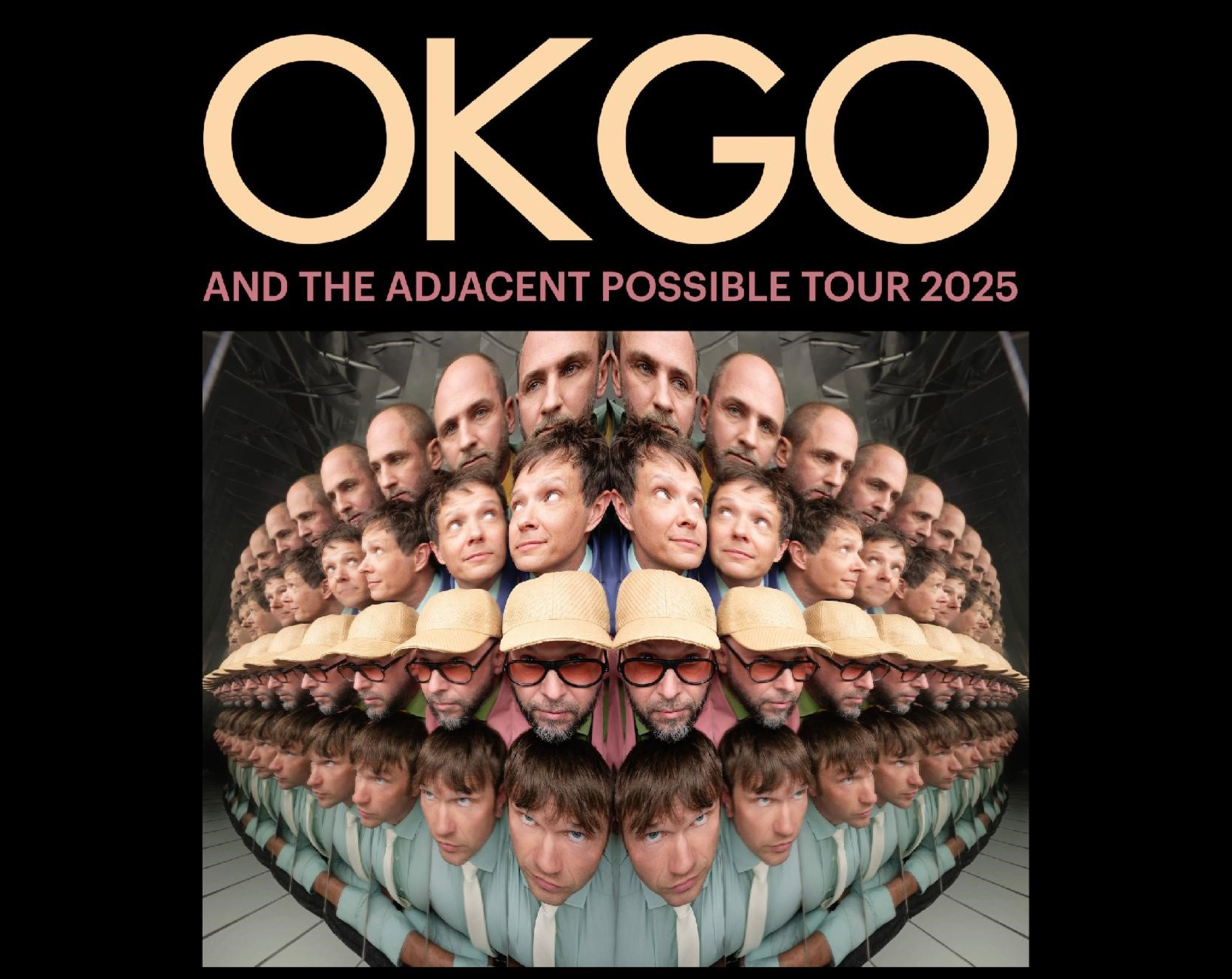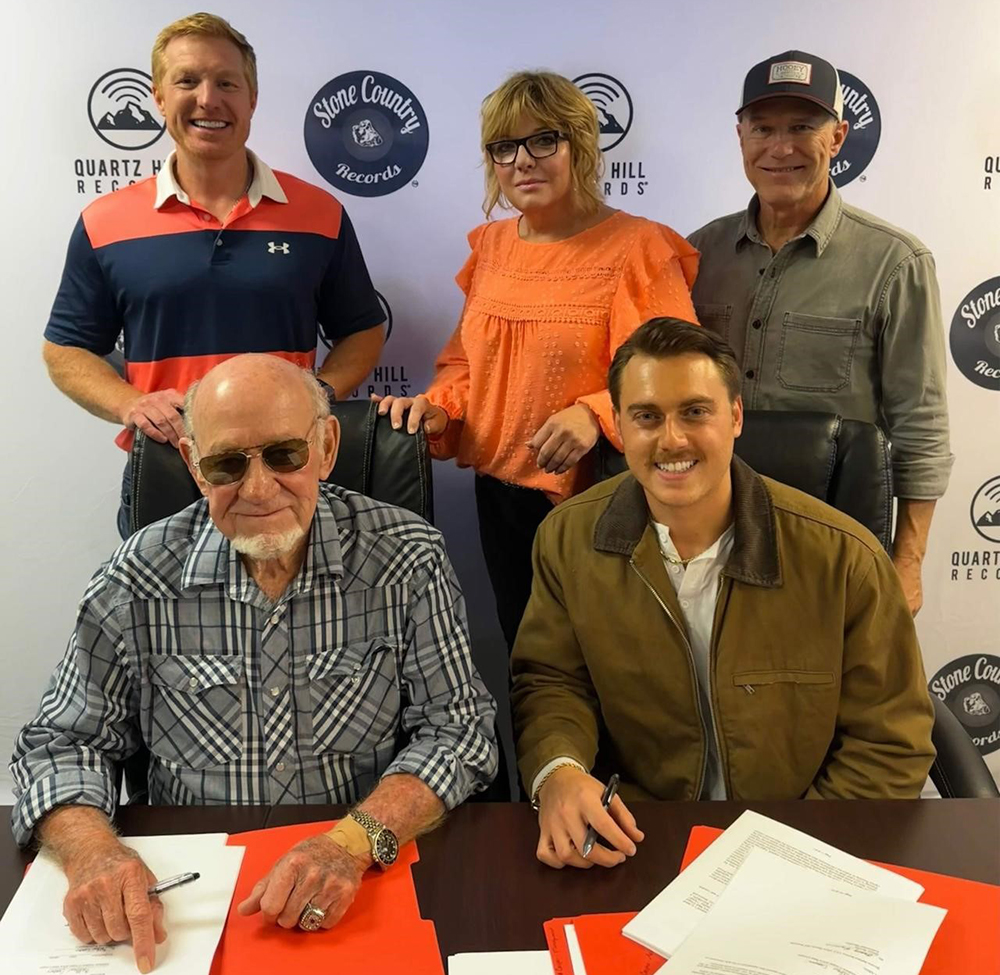
NEW YORK (Hypebot) –
A growing number of artists and managers are challenging the importance of record labels in the new landscape; and technology and service firms are rushing to support the trend. To find out what the indie label community thinks of this new challenge, Hypebot asked its chief advocate, Rich Bengloff, the President of the American Association Of Independent Music, for his reaction to emerging models like Polyphonic that encourage the artist to act as their own label.
RICH BENGLOFF: The definition of a label and the services they need to provide has morphed over the years, but the one constant is that for an artist to be successful they need to have support resources with experience and access. This has never been more true as it is currently, with the number of releases growing exponentially, 105,000 new full length releases in 2008, as the current glut of releases makes it harder and harder for an artist to stand out.
There are numerous artist owned music labels, owned by people like Ani DiFranco (Righteous Babe), Burning Spear (Burning Music), Gillian Welch & David Rawlings (Acony), the Hanson Brothers (3CG), Joan Jett (Blackheart), etc., who in many cases had started their labels a long time ago for the creative independence and potential greater financial reward.
Many independent music labels have different models, some out-source their support functions while others create these support functions internally. But for an artist to reach beyond subsistence revenue level they need to either have the support of a label or create a label team that can provide them with the technology, publicity, marketing and promotion, touring support, licensing contacts and many other label functions needed to reach consumers. My understanding of the Polyphonic model is that the funding they receive will allow artists to build that label team to provide the artist with skills and contacts they need to be successful.
Depending on what team the less established Polyphonic artists hire there is an element they might lose. Independent labels are often seen as brands in many genres, whether that be blues, hip hop, metal, etc. and that branding attracts fans. In addition, as to Direct to Consumer marketing and selling becomes more important, these labels have fan lists that allow them to reach genre fans without which newer less established artists must start from either small base of fans or from scratch.
The bottom line from our perspective is that a label's support has never been more important to an artist. As the industry transforms, the menu of services to support artists has never been broader, with labels configured to meet artists' individual needs on a bespoke basis.

























































